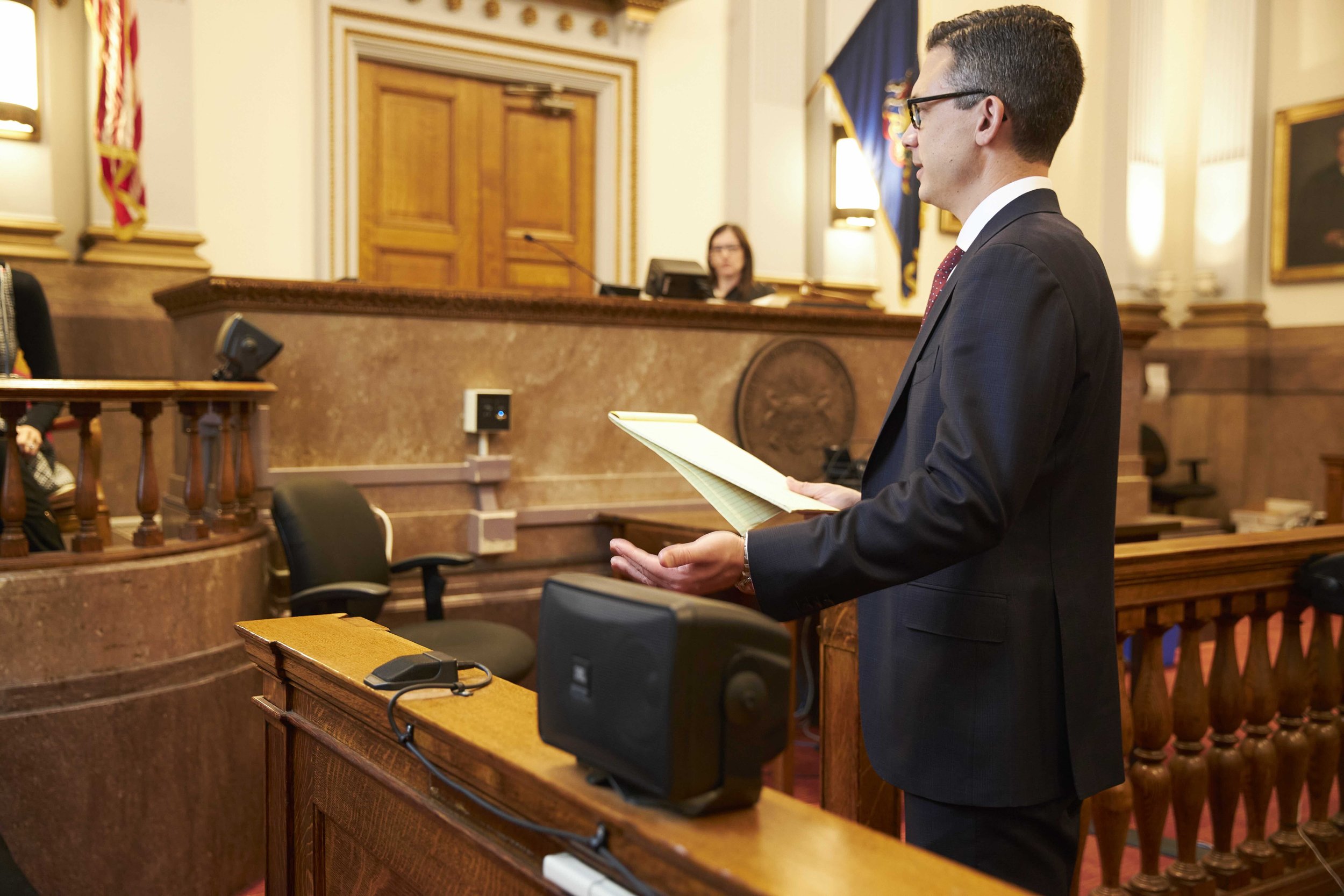Demystifying the Refine of Federal Appeals: What You Need to Know
Navigating the complex realm of federal allures can commonly appear like passing through uncharted waters for those not familiar with the process. Understanding the subtleties of appellate court jurisdiction, the complexities of submitting a notification of charm, presenting a compelling brief, and making an influential dental argument are important elements that can considerably impact the result of an instance. By unwinding the layers of complexity surrounding federal allures, individuals can acquire a more clear insight right into the devices that regulate this critical stage of the legal system.
Comprehending Federal Appeals Refine
Exploring the complex world of the government charms process introduces a organized and methodical trip with the judicial system - federal firearm appeals. Federal appeals act as a vital device for assessing decisions made by lower courts. Understanding this process is vital for anyone involved in legal process at the federal level
The process normally starts with a celebration disappointed with a lower court's judgment filing a notification of allure. This triggers an evaluation by a higher court, where a panel of judges examines the legal disagreements offered by both events. Briefs describing the lawful thinking behind each celebration's position are submitted, and dental debates may be heard to clear up intricate problems.
The appellate court's decision is based upon a complete evaluation of the reduced court's process and the disagreements provided. The courts do not focus however reexamine truths on whether lawful mistakes happened that influenced the lower court's decision. Once the appellate court reaches a decision, it can verify, turn around, remand, or customize the reduced court's judgment, giving quality and finality to the legal conflict. Recognizing this process is important for navigating the complexities of government allures effectively.
Appellate Court Territory Discussed

Appellate courts have territory over certain sorts of instances, usually those including lawful mistakes, procedural concerns, or questions of legislation instead than factual disagreements. The territory of appellate courts is normally laid out in laws and laws that regulate the court system. Comprehending appellate court territory is crucial for celebrations entailed in the appeals process as it establishes whether a case is eligible for evaluation and the degree to which the appellate court can intervene in the lower court's choice.
Filing a Notification of Charm
The preliminary action in starting the government allures process involves submitting a Notice of Appeal with the proper appellate court. little rock federal criminal appeal lawyers. This important record officially alerts the court and the other celebrations involved in the situation that the appealing event means to look for a review of the reduced court's decision. Filing a Notification of Charm is a rigorous procedural need that sets the appellate procedure moving
When preparing the Notification of Appeal, it is necessary to make sure compliance with the certain rules and standards of the relevant appellate court. The file needs to usually include info such as the instance name, the reduced court's name, the date of the judgment being appealed, and a succinct statement indicating the premises for the allure.
When submitting a Notice of Appeal,Timeliness is of the significance. Missing out on the target date for sending this file can lead to the charm being disregarded, highlighting the importance of precise and punctual initiation of the charms procedure. It is recommended to look for lawful advice to navigate the complexities of filing a Notice of Allure successfully.
Rundown and Oral Disagreement
In the appellate procedure, providing created briefs and taking part in oral disagreements play crucial duties in supporting for the appealing party's placement before the appellate court. Briefs are extensive lawful papers that detail the parties' debates, lawful authorities, and analysis sustaining their positions. These written submissions supply the court with a thorough understanding of the truths of the case, the appropriate regulation, and why the appealing event thinks the lower court's decision must be reversed.
Adhering to the submission and testimonial of the briefs, dental arguments use the events a possibility to more clarify their positions, address any type of concerns the appellate judges might have, and highlight bottom lines from their written briefs. Dental arguments are an opportunity for the attorneys to convince the judges through spoken campaigning for and responses to queries from the bench.

Receiving the Appellate Court Decision

Final Thought
Understanding the appellate court territory, submitting a notice of allure, preparing briefs, and presenting dental debates are all essential elements of this procedure. Ultimately, getting the appellate court choice can offer quality and resolution to legal conflicts.
As we proceed from understanding the government allures process to dissecting the ins and outs of appellate court jurisdiction, an essential facet comes to light concerning the authority and restrictions of these higher courts in the legal landscape. Appellate court jurisdiction refers to the range of instances that a particular appellate click for more info court has the power to decide and examine upon. Unlike test courts that listen to cases for the very first time, appellate courts are restricted to assessing decisions made by lower courts. Comprehending appellate court territory is important for parties included in the appeals procedure as it establishes whether a case is eligible for review and the degree to which the appellate court can interfere in the reduced court's choice.
Whether the appellate court attests, turns around, or remands the reduced court's decision, understanding the implications of the ruling is vital for all celebrations involved in the appellate procedure.